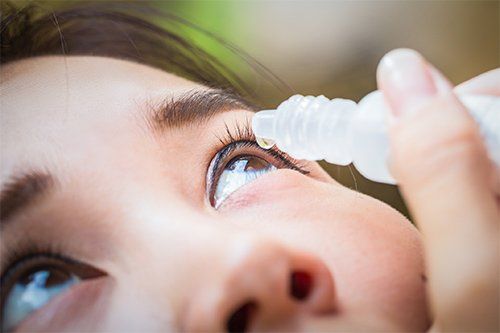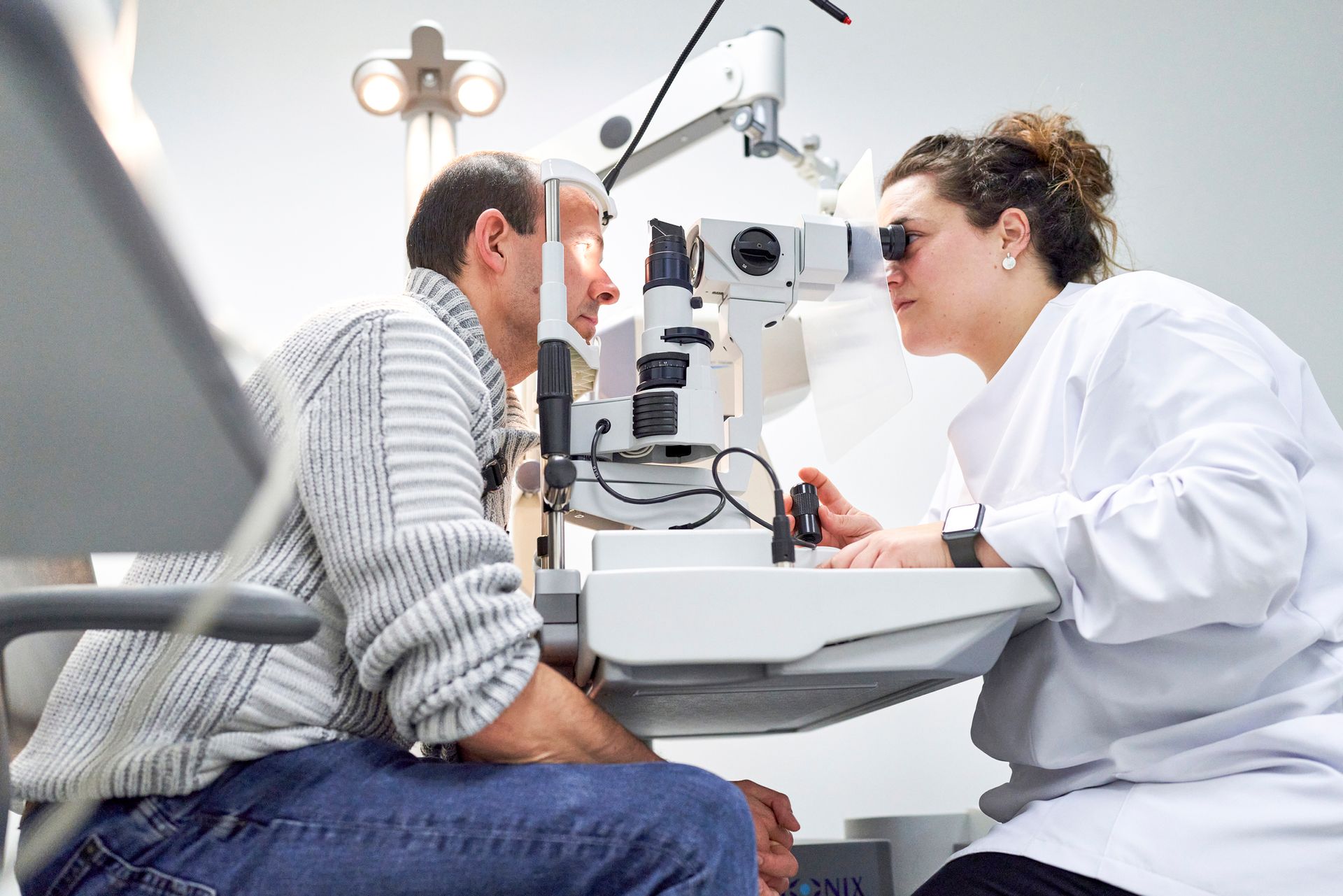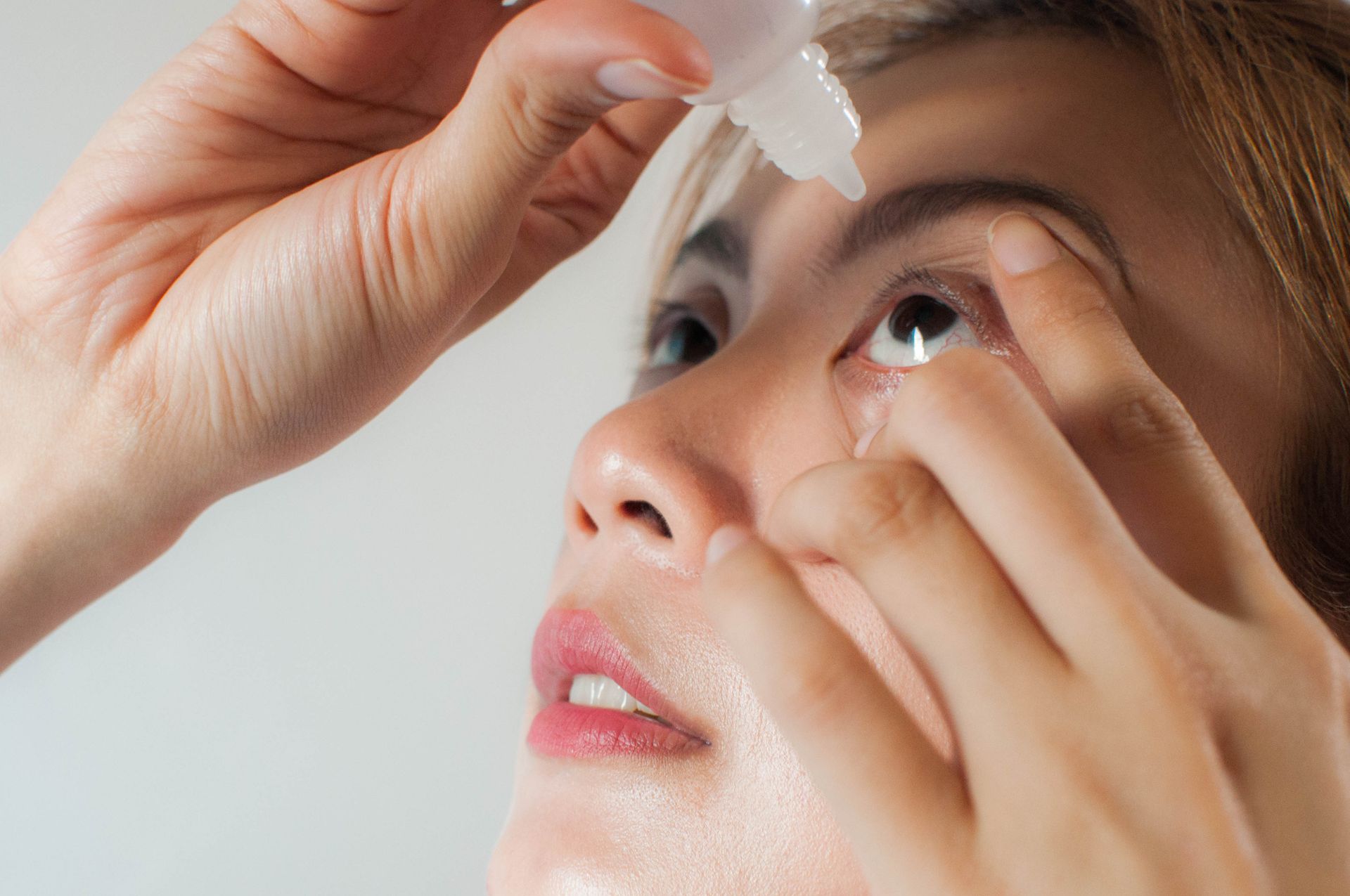Allergic conjunctivitis is an eye inflammation that occurs when your eyes react to allergen exposure. Various allergens can trigger allergic conjunctivitis, but they all have the same symptoms that include itchy eyes, red eyes, blurred vision, and swollen eyelids, among others. Below are some steps to help you deal with allergic conjunctivitis.
The best way to avoid any allergic reaction is to avoid the allergens that trigger the reactions. Unfortunately, you can't avoid the allergen if you don't know what you are allergic to in the first place. Some of the allergens that trigger allergic conjunctivitis include:
As you can see, most of these allergens are all around you, and you can't avoid them easily. Here are some tips to help you with the avoidance:
- Stay indoors as much as possible to reduce your exposure to pollen and air pollutants.
- Use a well-maintained HVAC system that will keep the indoor air clean.
- Wash and brush your animals regularly to reduce dander production.
- Dust and clean your home and bedding to reduce dust, dust mites, and other pollutants.
The above tips may help you avoid allergic conjunctivitis or relieve your symptoms. However, you may still struggle with the allergic reactions if your allergens come from elsewhere.
Allergic conjunctivitis dries the eye, and a dry eye is not only uncomfortable, but it is also susceptible to bruising. Lubricate your eyes to relieve these symptoms; you can use artificial tears available in the form of eye drops.
The artificial tears also wash out allergens from your eyes to further relieve your allergic symptoms. Use the eye drops periodically during the day as your eye doctor advises or as indicated on the eye drops packaging.
Your eyes will itch a lot if you have allergic conjunctivitis, and you will be tempted to rub them. Unfortunately, you will only worsen your symptoms and discomfort if you rub your eyes. Don't forget that the allergic reactions dry up the eyes, and you can easily bruise your eyes if you rub them in that condition.
Apart from the increased risk of bruises, you may also worsen the inflammation and even drive the allergens deep into your eyes if you rub them. Instead, use a cold compress (a soft towel or cotton wool dipped in water) to relieve the symptoms.
If you usually wear contact lenses, remove them if you get allergic conjunctivitis. The contact lenses will worsen your allergic symptoms if you don't remove them promptly. For one, the contacts may trap debris (that includes allergens) between their surfaces and your eyes. Secondly, the inflammation may interfere with the fit of the lenses, which will irritate your eyes.
The average person touches their eyes, noses, or lips about
15 times per hour. As such, you can easily transfer allergens from your hands to your eyes and trigger or worsen the allergic reactions.
Reduce hand-to-face contact as much as possible and clean your eyes regularly so that you don't transfer allergens to your eyes.
In addition, wash your face regularly throughout the day to get rid of allergens, such as dust or air pollutants, which may affect your eyes.
The above tips should help you relieve your allergic conjunctivitis symptoms. However, you should get a professional diagnosis to confirm that you have the allergy. At Calvert Ophthalmology Center, we can diagnose and help you deal with allergic conjunctivitis as well as other eye conditions.
Contact us for a consultation to begin your treatment process.












